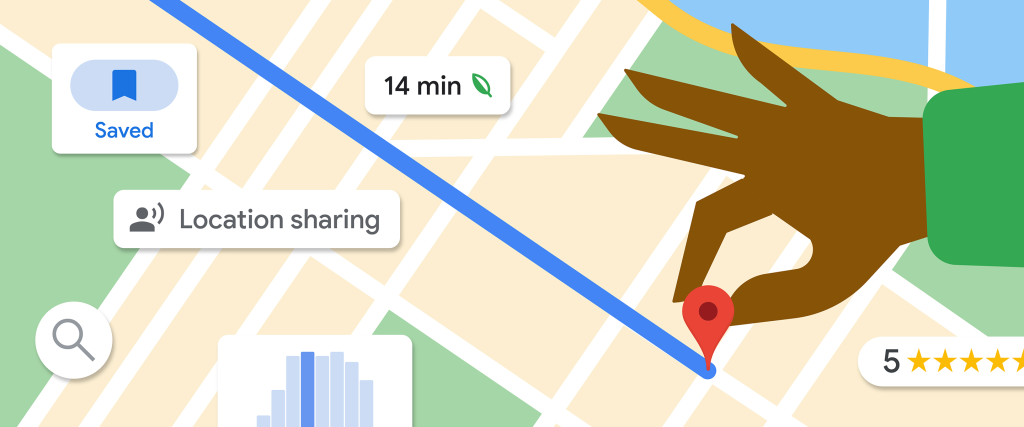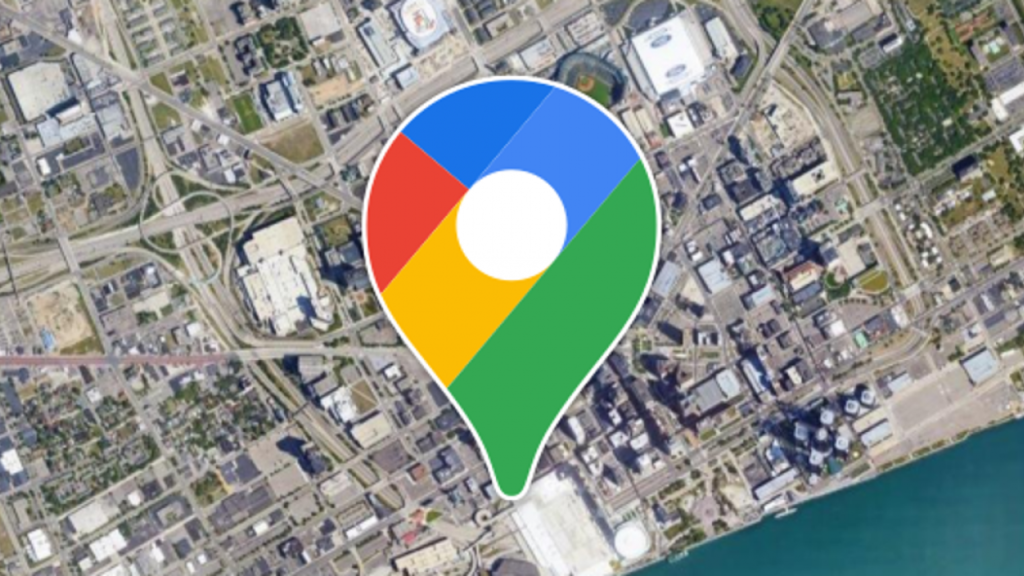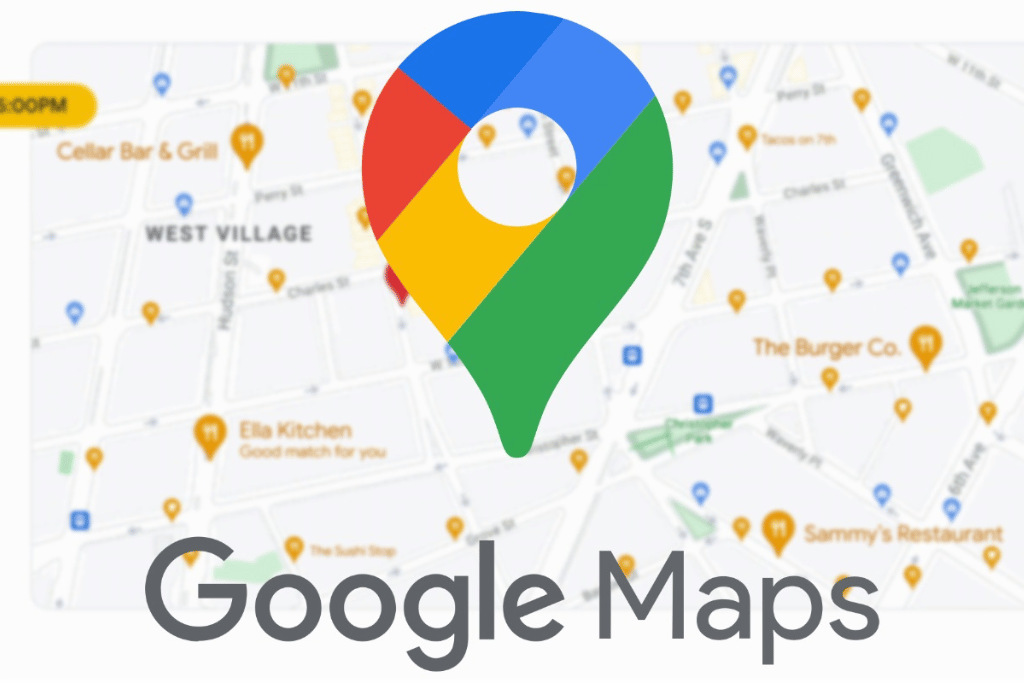In a world continually evolving and expanding, travel remains an invincible facet of human experience. Whether embarking on an exotic vacation or just maneuvering through the bustling streets of a new city, having a reliable guide can significantly elevate the experience. Google Maps, with its ever-improving features and extensive data, has transformed into the quintessential travel companion for millions globally. Let us delve deeper and explore why Google Maps has become the sine qua non of modern travel.
Harnessing the Power of Data
In the ever-changing landscape of technology, data is the driving force. Google Maps is a testament to the power of data harnessing and utilization. From its inception, the tool has gathered a plethora of information through satellite imagery, street view photography, and user contributions. This comprehensive database offers users a dynamic and detailed perspective of the world, making it an indispensable tool for travelers. From finding the nearest gas station to exploring street art halfway across the globe, the depth and breadth of data available at your fingertips are truly astonishing.

The integration of real-time data further enhances its value as a travel companion. Traffic updates, public transportation timings, and business hours help users to plan and adjust their journeys seamlessly. Moreover, this rich databank is constantly evolving, with new additions and updates being integrated regularly, ensuring that users have access to the most current information possible.
Personalization: Creating Tailored Travel Experiences
One of the standout features of Google Maps is its personalization capabilities. Through machine learning and AI algorithms, it crafts an experience that aligns with the individual preferences and patterns of users. It can suggest dining places based on your previous choices, or propose faster routes based on your frequent travel paths. This level of personalization not only makes travel easier but also transforms it into a delightful experience where surprises await at every corner.
This personal touch extends to facilitating collaborative experiences. Users can create and share lists of favorite places, allowing groups to plan trips with ease. Whether it is a family vacation or a friends’ day out, Google Maps assists in crafting a journey that resonates with everyone’s preferences, fostering shared experiences that are cherished for years to come.
Accessibility and Connectivity
In a world that is becoming increasingly connected, accessibility is key. Google Maps triumphs in offering a service that is accessible across various platforms and devices. Whether you are accessing it from a smartphone, tablet, or desktop, the user interface remains intuitive and easy to navigate.

Furthermore, the tool fosters global connectivity by offering location services in various languages, making travel in foreign lands a less daunting experience. The integration of various payment gateways and services within the app, like booking a ride or ordering food, has unified several services into one platform, streamlining the user experience and fostering a connected ecosystem.
Community Engagement and Sustainability
Beyond just navigation, Google Maps has grown to become a platform that encourages community engagement and sustainable choices. Users can contribute reviews, photos, and information about different locations, fostering a community that helps each other in making informed decisions. Additionally, the platform has begun to integrate features that encourage sustainable travel choices, like showing cycling routes or indicating low-emission zones.

This shift towards fostering community engagement and promoting sustainability showcases Google Maps’ evolution from a mere navigational tool to a comprehensive travel companion that caters to the modern user’s nuanced needs and preferences.
Conclusion
In conclusion, Google Maps transcends its role as a navigational tool to emerge as an essential travel companion that caters to the diverse needs of modern travelers. Through harnessing the power of data, offering personalized experiences, fostering accessibility and connectivity, and promoting community engagement and sustainability, it has reshaped the way we perceive and experience travel. As we navigate through the pathways of the future, it is evident that Google Maps will continue to be at the forefront, guiding us towards experiences that are not just fulfilling, but also responsible and sustainable.


